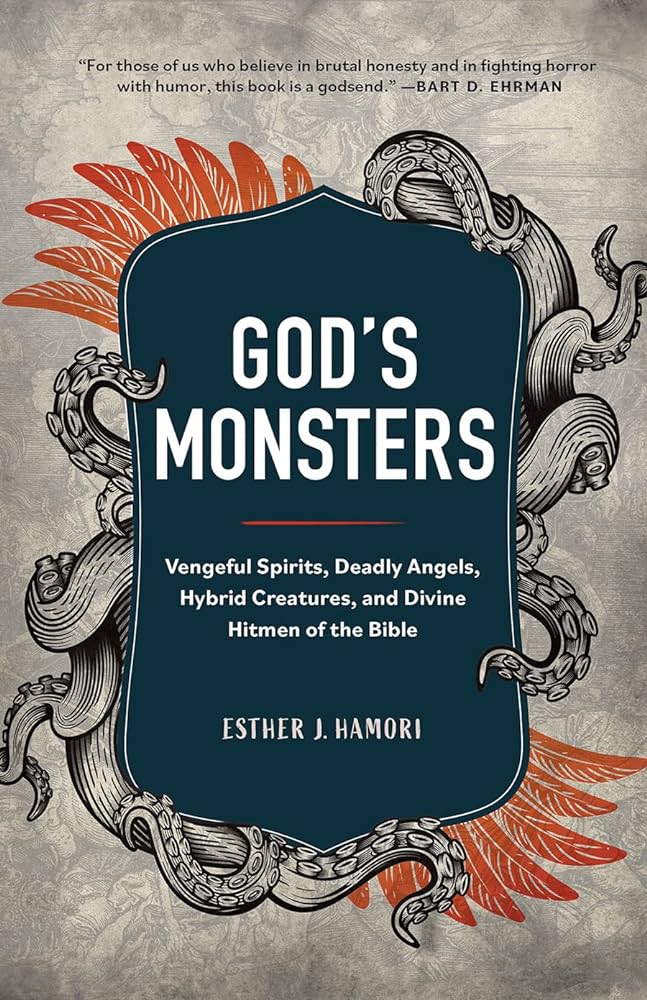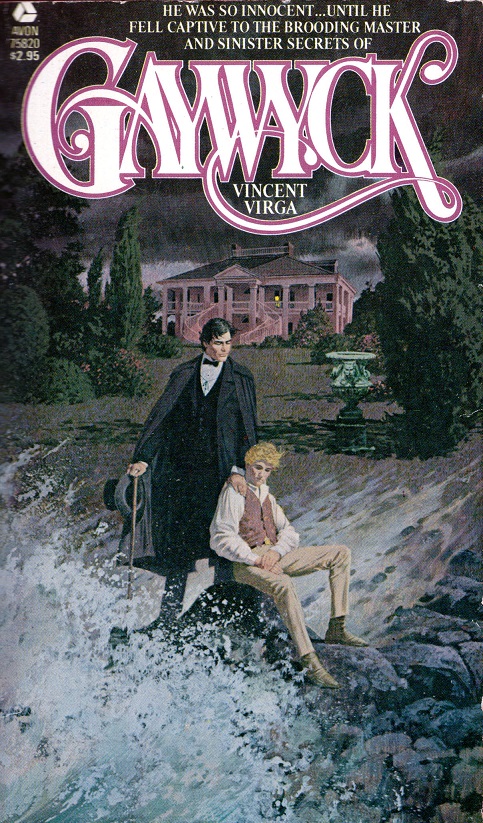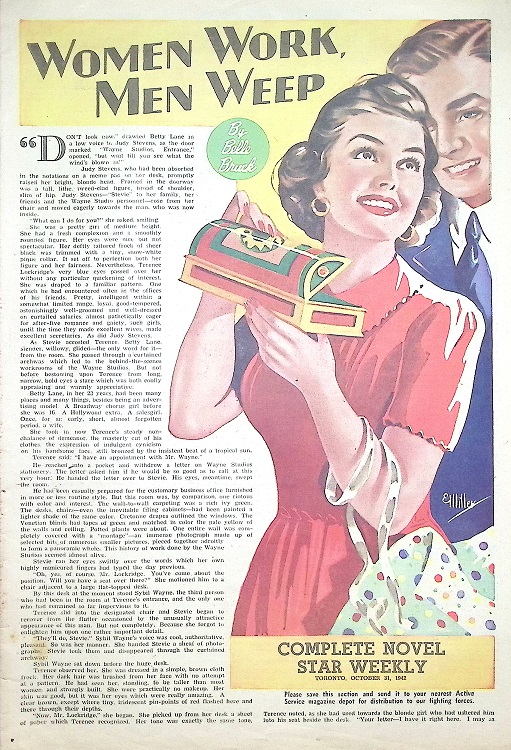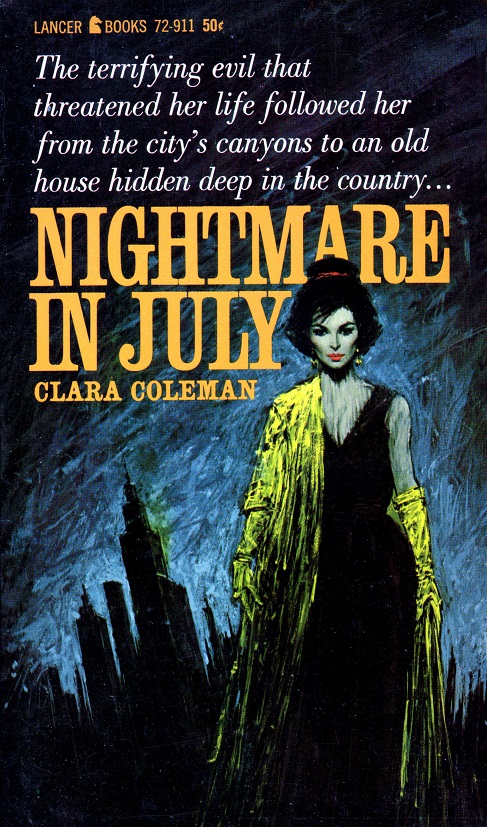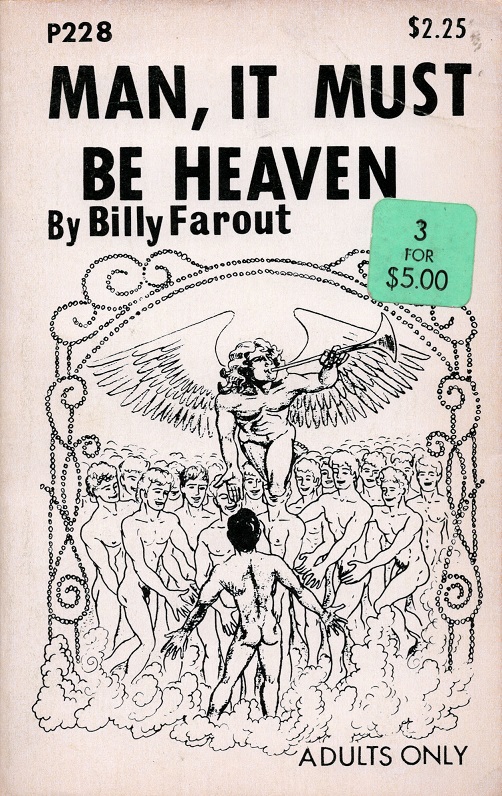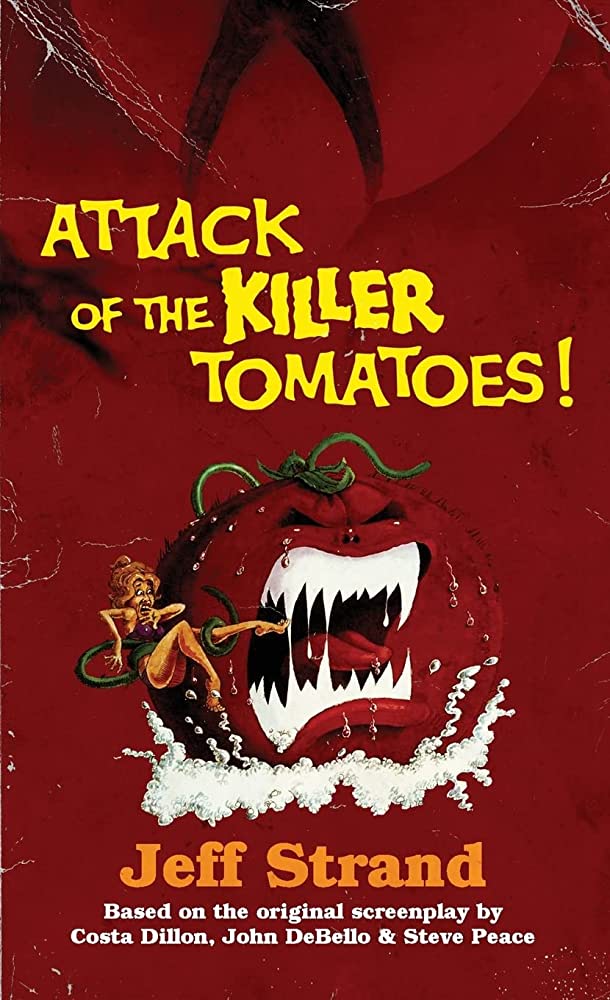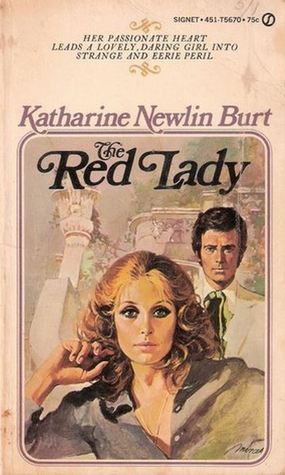
Hidden treasure, ghastly ghosts and a doppelganger who kisses her man. There’s a lot going on in this 100-year-old gothic!
Katharine Newlin Burt was a pop novelist whose bibliography of westerns, mystery and romance spans from 1912 to 1975, when she was well into her 90s. The Red Lady originally appeared in 1920, but the writing style feels as mainstream as more modern gothics. No surprise it was dusted off in the ‘70s when publishers ran out of new spooky books to print.
Burt was ahead of her time with a satisfying romance element, eerie atmosphere and solid mystery. There’s even dialogue suggesting a movie might be made of the protagonist’s adventure. A forward-thinking reference seven years before the first talkie that shows she really had a pulse on pop culture and current trends. As it turns out, The Red Lady never became a film, but nine of her other books were adapted for the movies in the 1920s.
Read more “Katharine Newlin Burt – The Red Lady (1920)”
